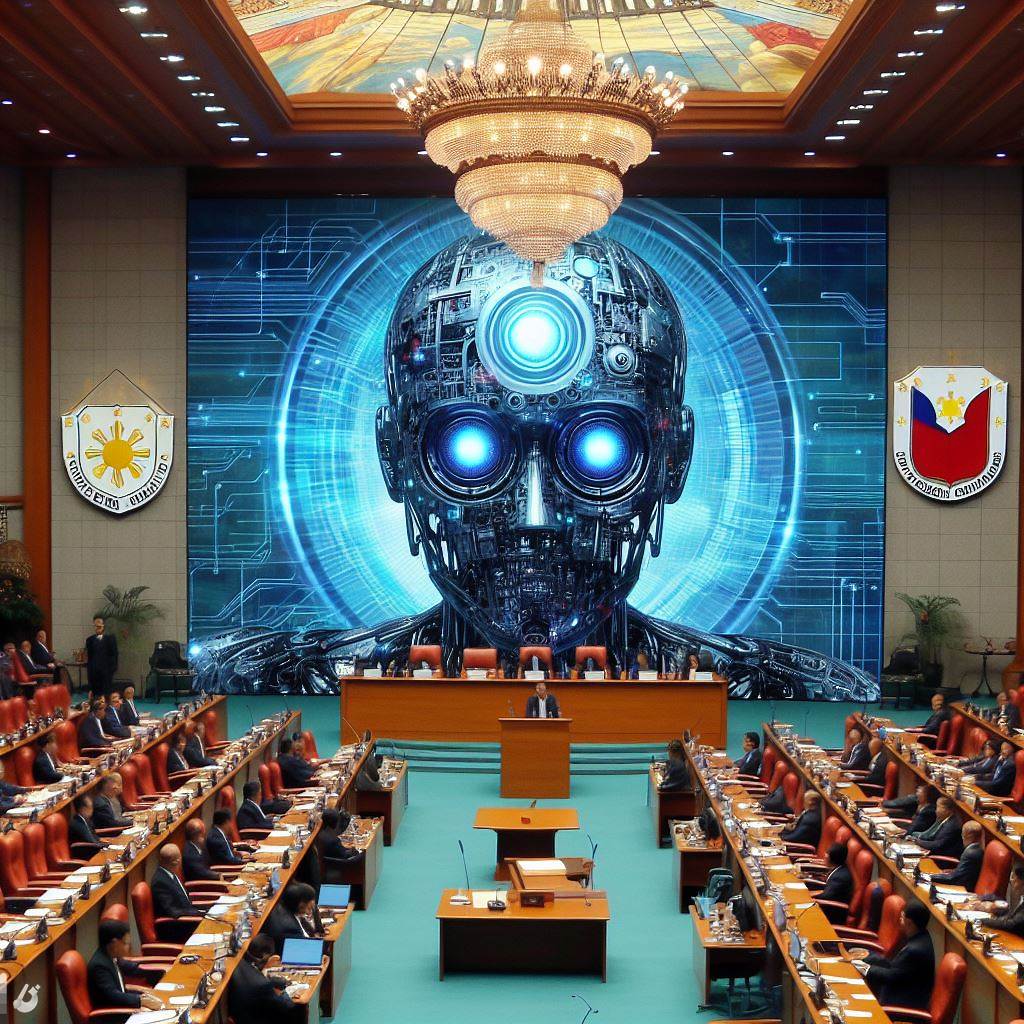
The Philippines aims to propose the establishment of a Southeast Asian regulatory framework for artificial intelligence (AI), utilizing the country's own draft legislation as a foundation. Martin Romualdez, Speaker of the Philippines' Congress, announced the plan during a panel discussion at the World Economic Forum in Davos. The proposal, which aligns with the Philippines' digitization priorities, will be presented to the Association of Southeast Asian Nations (ASEAN) when the Philippines chairs the bloc in 2026.
Romualdez highlighted the importance of regulatory support for generative AI, expressing the need for a framework to address cybersecurity and associated concerns. While global regulators are actively working on AI regulations, the ASEAN region faces challenges due to diverse rules on censorship, intellectual property, misinformation, social media, and internet usage among its 10 member countries.
The Philippine proposal differs from ASEAN's current approach, which has been characterized by a business-friendly stance on AI regulation. A draft of an ASEAN "guide to AI ethics and governance" revealed a voluntary approach, emphasizing reduced compliance burdens to encourage innovation in the region.
Romualdez stressed the significance of legislation on generative AI for the Philippines, particularly due to the vulnerability of its business process outsourcing sector. He highlighted the transformation and upskilling of personnel to support generative AI as a logical direction. The Philippines aims to develop a legal framework that not only suits its context but is also suitable for the broader ASEAN region.